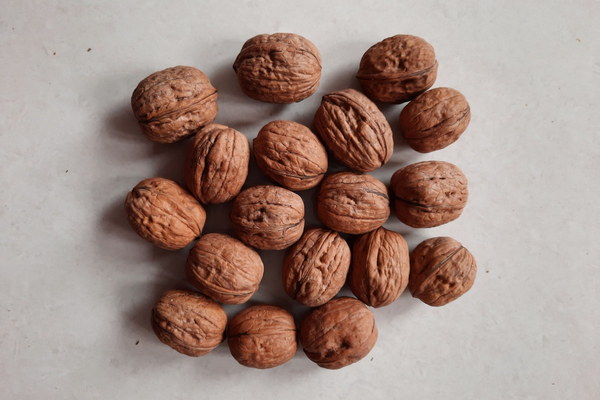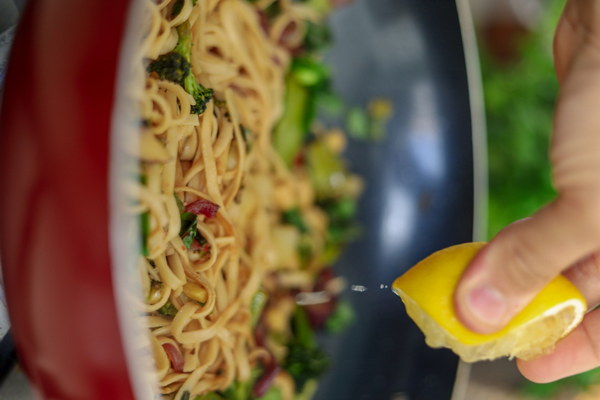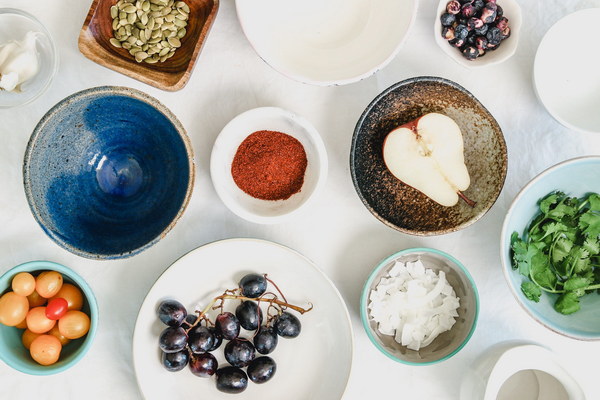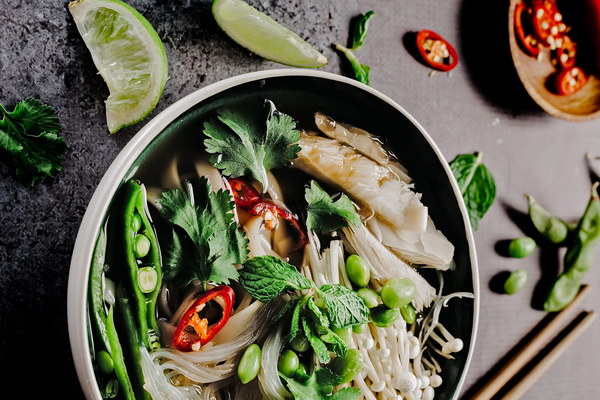Are Brown Rice and Job's Tears Effective for Kidney Tonification
In the realm of traditional Chinese medicine (TCM), the use of natural ingredients for healing and preventive care has been prevalent for centuries. Among these ingredients, brown rice and Job's tears have been hailed for their potential kidney-tonifying properties. But are these superfoods really effective in strengthening the kidneys? Let's delve into the details.
Brown rice, also known as long-grain brown rice or hulled long-grain brown rice, is a whole grain that is rich in nutrients, including B vitamins, magnesium, phosphorus, and fiber. In TCM, brown rice is believed to have a calming effect on the mind and can help nourish the heart, kidneys, and spleen. According to TCM, the kidneys are the root of one's energy and play a vital role in regulating bodily fluids, reproduction, and longevity.
Job's tears, also known as Coix lacryma-jobi, is a plant that is native to China, India, and Southeast Asia. The seeds of this plant are widely used in TCM for their medicinal properties. In TCM, Job's tears are believed to have a cooling effect on the body, which can help reduce inflammation, relieve swelling, and improve kidney function.
So, do brown rice and Job's tears actually help in kidney tonification? Here's a closer look at the evidence:
1. Nutritional Benefits: Both brown rice and Job's tears offer a range of essential nutrients that are beneficial for kidney health. For instance, magnesium is a mineral that is essential for maintaining normal kidney function. Brown rice is a good source of magnesium, and consuming it regularly may help in preventing kidney stones and reducing the risk of chronic kidney disease.
2. Antioxidant Properties: The antioxidants found in brown rice and Job's tears can help protect the kidneys from oxidative stress and damage. Antioxidants combat free radicals, which are unstable molecules that can harm cells and contribute to chronic diseases. Consuming foods rich in antioxidants may help reduce the risk of kidney damage and improve overall kidney health.
3. Traditional Uses: TCM has been using these ingredients for centuries to promote kidney health. While scientific evidence is limited, some studies suggest that these traditional remedies may have a positive impact on kidney function.
4. Clinical Studies: A few clinical studies have explored the potential benefits of brown rice and Job's tears for kidney health. For example, a study published in the Journal of Ethnopharmacology found that an extract of Job's tears reduced inflammation and improved kidney function in rats with chronic kidney disease. However, more research is needed to confirm these findings in humans.

5. Possible Risks: While brown rice and Job's tears may offer kidney benefits, it's essential to consume them in moderation. Excessive intake of these ingredients can lead to adverse effects, such as stomach upset and digestive issues. Additionally, individuals with certain health conditions or those taking medication should consult a healthcare professional before incorporating these ingredients into their diet.
In conclusion, while there is limited scientific evidence to support the claims of brown rice and Job's tears for kidney tonification, their nutritional benefits and traditional uses suggest that they may offer some kidney-protective properties. Incorporating these superfoods into a balanced diet, along with other kidney-friendly practices, may contribute to overall kidney health. However, it's crucial to consult a healthcare professional before making significant changes to your diet or treatment plan.









